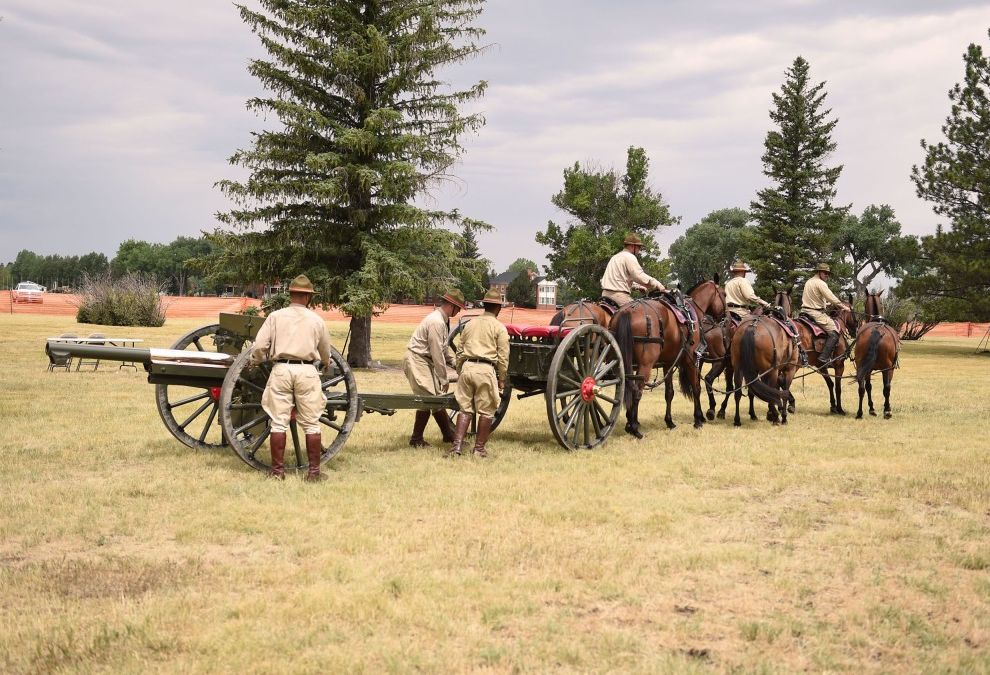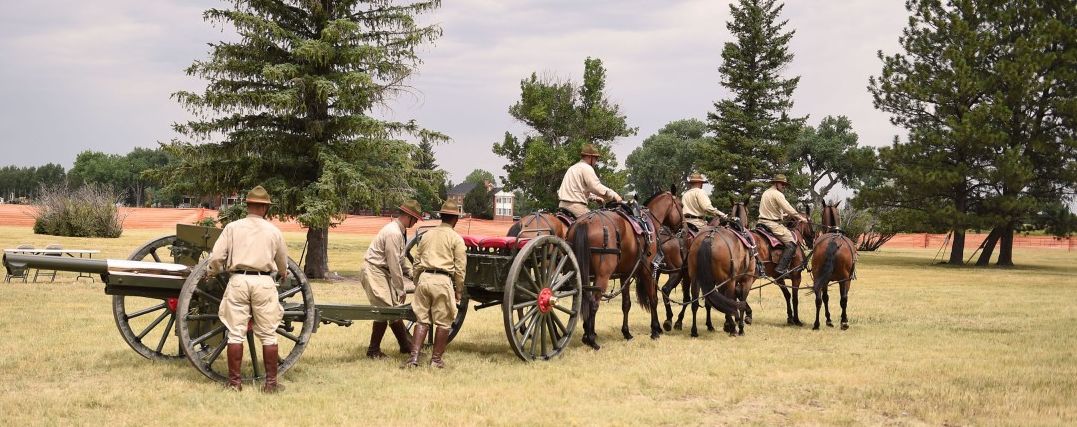Authors:
Historic Era:
Historic Theme:
Subject:
Februrary 1968, Summer 2025 | Volume 19, Issue 2


Authors:
Historic Era:
Historic Theme:
Subject:
Februrary 1968, Summer 2025 | Volume 19, Issue 2

The calendar has it that these events occurred fifty years ago last summer. It is hardly more credible than that a thousand ages can be like an evening gone. But as President Lincoln said, “we cannot escape history.”
Nineteen sixteen was the year of the Wilhelmstrasse’s amazingly successful plot to distract President Wilson’s attention from the war in Europe by involving him with Mexico, of General “Black Jack” Pershing’s invasion of Mexico in “hot pursuit” of Pancho Villa, after that worthy had staged a raid across the Rio Grande on Columbus, New Mexico. Poor General Pershing never caught up with Villa.
But President Wilson caught up with the realization that the United States had no army. Improvising, he called out the National Guard and mustered it into the federal service. This is where I came in. Having finished the first year of law school and being without plans for the summer, I was easy prey for the press gang in the form of friends in the so-called Yale Battery, Battery D of the Connecticut National Guard’s Regiment of Field Artillery. In no time I found myself that lowly form of military life, a private and “driver” in the old horse-drawn field artillery. Garbed in a hilariously ill-fitting uniform and Stetson hat with its red cord, I made my small contribution to the gloriously unorganized confusion of our journey from New Haven to training camp at Tobyhanna in the Pocono hills of Pennsylvania.
None of our batteries had ever owned any horses. Those used in the evening drills in New Haven had been moonlighting, supplementing a more mundane daytime existence as brewery and dray horses. We would get our horses, so we were told, at Tobyhanna. They would come to us from the West—an interesting thought, this. Would we be, we wondered, the first bipeds they had ever seen? Our imagination was far inferior to the reality.
The first disillusion came on arrival. It was with mankind. We had been preceded by a New Jersey regiment which had, quite naturally, appropriated the best sites and everything movable. Our relations with them soon resembled those between colonial contingents in the Continental Army, meaning that had Hessians been handy, we should have preferred them.
Then came the horses. Those assigned to the New Jersey regiment arrived first. Words sink into pallid inadequacy. Our first impressions were gay: a vast panoramic cartoon of our enemy campmates in side-splitting trouble. Blithe horse-spirits from the Great Plains seemed to be enjoying a gymnastic festival, with inanimate human forms scattered